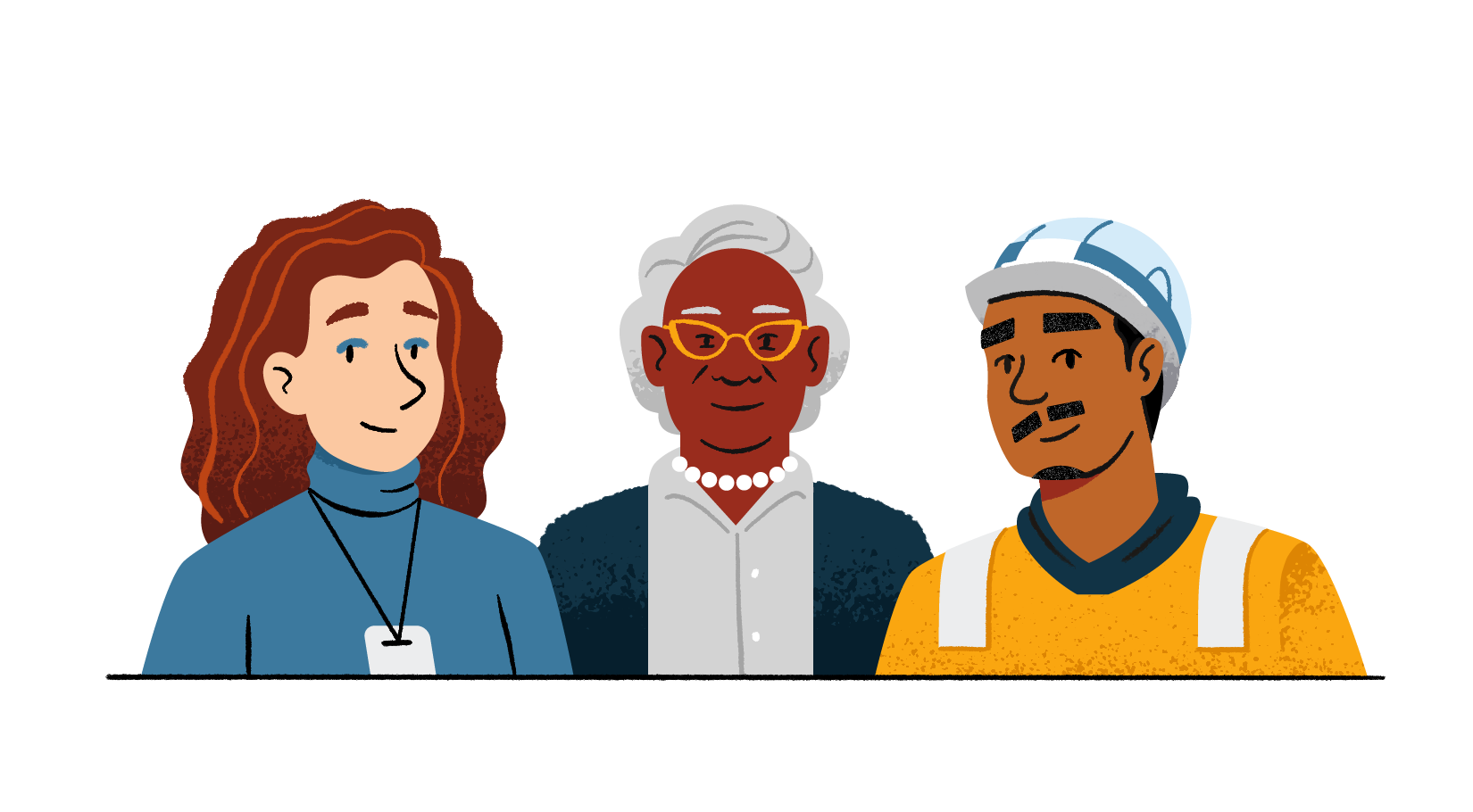This post is an excerpt from “Unite & Win: The Workplace Organizer’s Handbook.”
A union is an organization of co-workers who join together to improve their working conditions. If the union has proven that it represents a majority of workers, the employer is required by law to “recognize” the union and begin to bargain in good faith.
One benefit of a recognized union is that it puts into legally binding contracts your terms of employment, and enables you and your co-workers to negotiate those terms. A contract makes it illegal for the employer to unilaterally roll back your gains.
Union Benefits
Across the board, workers in unionized jobs have
- Higher pay: Union workers earn 17% more than non-union workers.
- Better health insurance: More than 90% of unionized workers have access to employer-provided health insurance, compared with 68% of non-union workers.
- Better retirement benefits: 93% of unionized workers in private industry have access to employer-sponsored retirement plans, compared with 66% of non-union workers.
- A stronger voice on the job: Unions negotiate schedules; health, safety, and anti-harassment policies; promotional opportunities; and job security.
Unions can also be our voice in the broader community. There is a long history of organized workers winning major social gains like the eight-hour workday, the weekend, social security, civil rights, immigrant rights, and more. At their best, unions don’t advocate just for their members; they fight for the entire working class, including those workers who aren’t and never will be union members.
Union Members Are the Union
The union isn’t an organization outside of the members. It may affiliate with a national “parent union,” often called an “international,” which provides it with helpful resources, including legal counsel to navigate labor laws. But members are the ultimate decision-makers and the ones who elect their leadership.
In the best examples, union members are involved in every step of the contract negotiation process. Workers in a union can set their own bargaining agenda and vote on contracts. They often vote to take collective action if the boss refuses to meet their terms during negotiations. Democracy in a union allows workers of all races, ethnicities, genders, and sexual orientations to have a voice.
Independent unions
In some cases where workers have not found a suitable established union, they will decide to form their own independent union. This union will have no formal ties to a national or international union. It also often means that its members are filing for a union election themselves.
For some workplaces there can be benefits to this approach. But filing independently is a tricky and bureaucratic process, so don’t do it alone! EWOC has resources and organizers who can walk you through the process so that you don’t miss deadlines or make other small mistakes that can disqualify your filing.
Pre-majority Unionism
In some cases, such as with public-sector workers in many states, workers can’t get legal union recognition and a contract. Or maybe they believe that winning an election will take many years, as is sometimes the case for workers in very large workplaces. In these situations, there’s another kind of unionism outside the traditional path for organizing: pre-majority unions.
In its broadest sense, pre-majority unionism is a union model in which workers organize and act like a union, sometimes even collecting dues — even though they have not filed for National Labor Relations Board (NLRB) recognition. This can be a viable alternative for those seeking to win gains at work. If you reach out to EWOC for support, experienced EWOC organizers can help you navigate the processes of pre-majority unionism.
Get your copy of “Unite & Win: The Workplace Organizer’s Handbook” to learn more about organizing your workplace.




